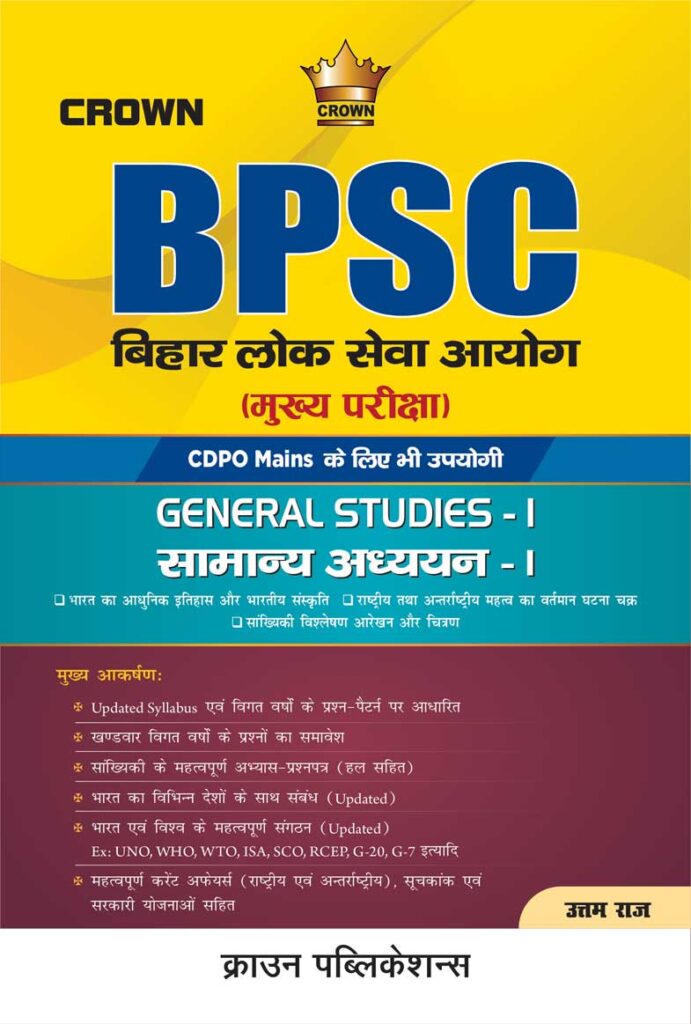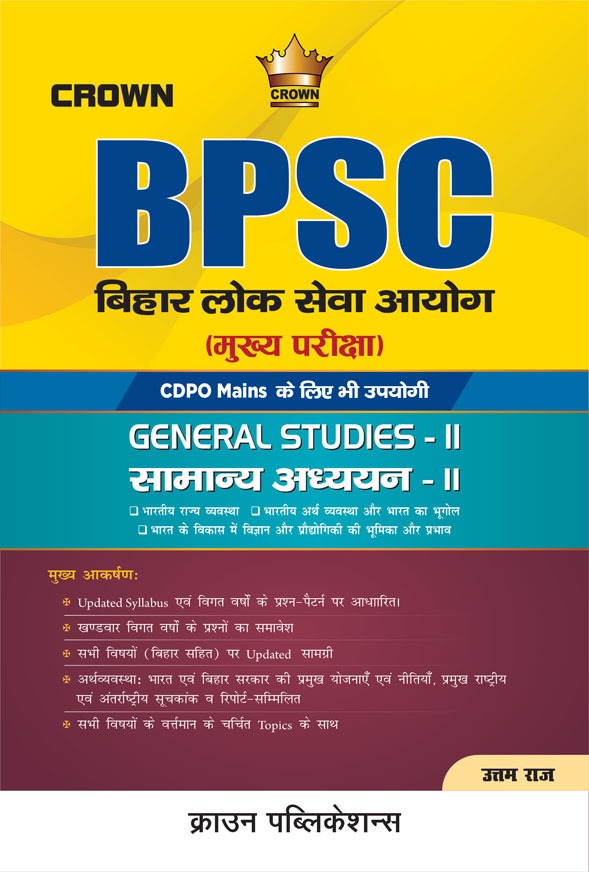The Bihar Public Service Commission (BPSC) Mains examination is a crucial step for individuals aspiring to secure prestigious government positions in the state of Bihar, India. To embark on this journey to success, it is imperative to have a clear understanding of the BPSC Mains syllabus. This comprehensive guide is designed to provide you with all the essential information about the syllabus, including its structure, important topics, and recent updates. Whether you are a seasoned aspirant or a newcomer preparing for this challenging examination, our guide will equip you with the knowledge and insights needed to navigate the BPSC Mains syllabus effectively. Let’s dive into the details and ensure you are well-prepared to tackle this significant milestone in your career aspirations.
Candidates who clear the Prelims stage will be eligible for BPSC Mains. Approximately, the number of candidates selected for Mains will be equal to 10 times the total number of vacancies.
The BPSC Mains Exam Syllabus and Pattern is :-
| Name of Exam | Combined Competitive Exam (Mains) |
| Conducting Body | Bihar Public Service Commission (BPSC) |
| No of Papers (updated) | 1. General Hindi – Qualifying Paper (100 marks) 2. General Studies 1 (300 marks) 3. General Studies 2 (300 marks) 4. Optional Subject (300 marks) |
| Duration | 3 hours each |
| BPSC Syllabus | 1. General Hindi (Secondary Level) 2. Essay – 30 marks 3. Grammar – 30 marks 4. Syntax – 25 marks 5. Precis/Summary – 15 marks The GS 1 and GS 2 BPSC syllabus are given below |
Note: The commission will also release BPSC Admit Card for Mains Examination three weeks before the date of the examination.
The Hindi paper is only a qualifying paper with minimum passing criteria of 30 marks (out of 100). The marks in Hindi will not be counted for the overall merit.
| General Studies 1 | General Studies 2 |
| Indian Culture Modern History of India Contemporary events of national and international importance Statistical Analysis, diagrams and graphs | Indian (and Bihar) Polity Indian (and Bihar) Economy Indian (and Bihar) Geography Role and impact of Science and Technology in the development of India (and Bihar) |
The Hindi paper is only a qualifying paper with minimum passing criteria of 30 marks (out of 100).
The marks in Hindi will not be counted for the overall merit.The BPSC Syllabus for GS 1 will include:
- Modern Indian History (and Bihar) – mid 19th century onwards
- Important personalities – Mahatma Gandhi, Jawaharlal Nehru and Rabindranath Tagore
- Western Education and Technical Education in Bihar
- Role of Bihar in the Indian National Movement
- Santhal Revolt
- 1857 war of independence
- Champaran Satyagraha
- Quit India Movement, 1942
- Mauryan and Pal Art
- Patna Kalam Paintings
- Analysis of graphical/diagrammatical/statistical data
There is a significant overlap between the BPSC syllabus and the IAS Syllabus. Aspirants can check the UPSC syllabus at the linked article.
In BPSC Mains, candidates have to select one optional subject out of 34 choices. There will be only one optional subject exam for 300 marks, and the questions will be of Honours Level (3-year course in Patna University) The choices are given below.
Optional Subjects in BPSC Syllabus are:
- English Language and Literature
- Urdu Language and Literature
- Hindi Language and Literature
- Persian Language and Literature
- Arabic Language and Literature
- Pali Language and Literature
- Maithili Language and Literature
- Bengali Language and Literature
- Sanskrit Language and Literature
- Chemistry
- Sociology
- Physics
- Agriculture
- Statistics
- Botany
- Zoology
- Philosophy
- Political Science and International Relations
- Psychology
- Public Administration
- Labour and Social Welfare
- Management
- Mathematics
- Mechanical Engineering
- Geography
- Geology
- History
- Law
- Civil Engineering
- Economics
- Commerce and Accountancy
- Electrical Engineering
- Animal Husbandry and Veterinary Science
- Anthropology
The final merit list will be prepared based on candidates’ marks in Mains (900) and Interview (120).


